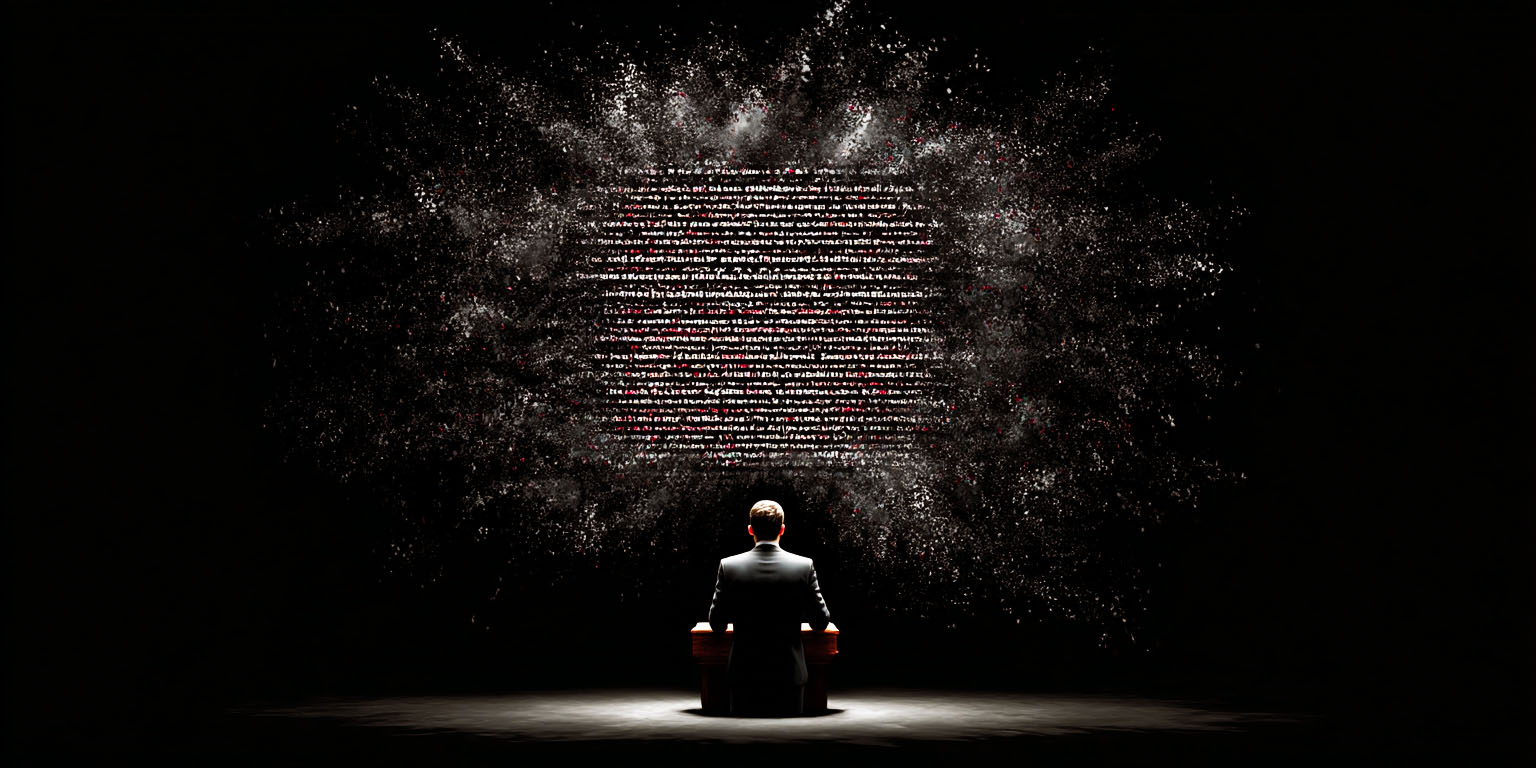Moderating With Tokens

India’s new data protection law introduced the concept of age tokens as a means to obtain verifiable parental consent. If this concept can be adapted to apply to online content, it should finally be possible for us to ensure that online content is delivered in an age-appropriate manner without violating personal privacy.




